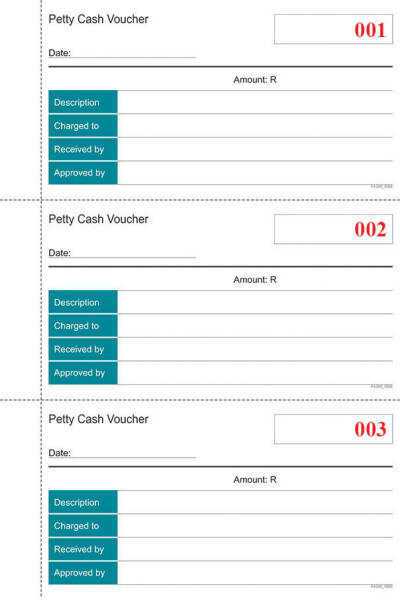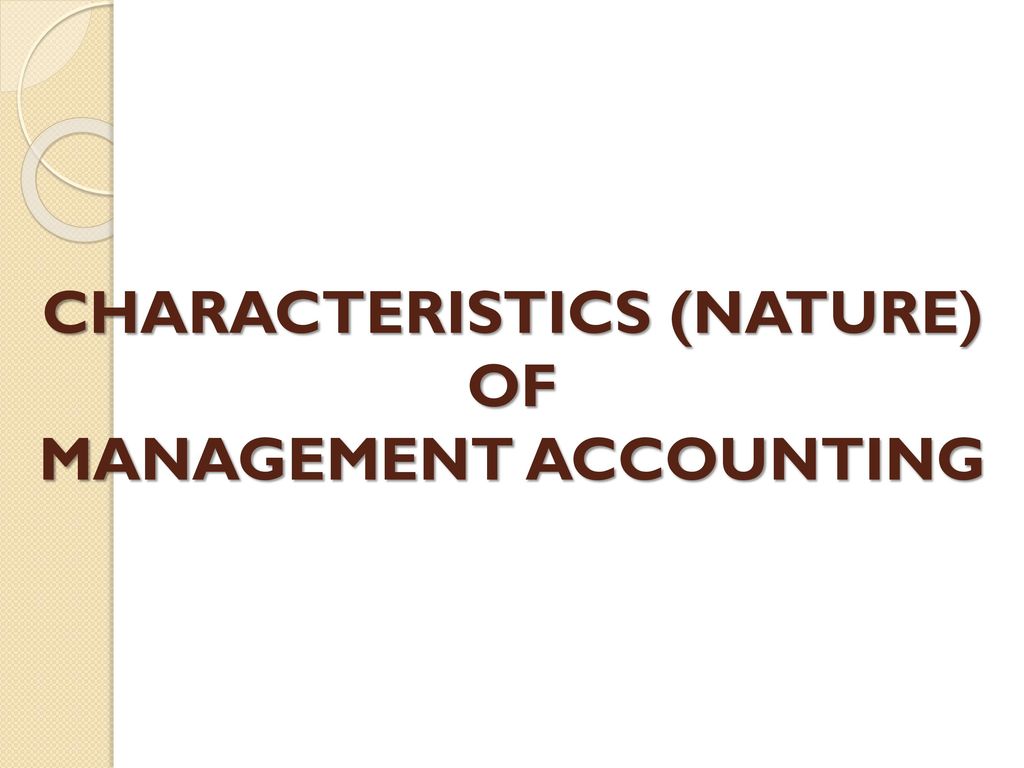
Accounting requires a variety of skills. But the most important is the ability and willingness to analyze financial information. A professional in accounting will not only need to use spreadsheets and financial software but also interact with clients and colleagues. A strong communication skill will help you build and maintain successful relationships. For processing data and making decision, you will also need to have good analytical skills. Learn more about how you can become an accountant here.
The skills an accountant needs to excel include the ability to read clients. This is difficult in today's technological world where clients communicate differently. Understanding your clients' wants will help you be more able give the best advice. Another skill an accountant needs is tenacity. Merriam Webster defines tenacity "a capacity to persist despite setbacks"

Specialization in one or more of these areas can make an accountant stand out from the crowd. A certificate in accounting can help make a potential employer more appealing. A certificate in revenue recognition, meanwhile, can be beneficial if you're applying for a job that involves financial statements. This subject is covered in depth by the American Institute of CPAs.
In high-level accounting positions, technology proficiency is a key skill. A digital world is the new workplace, which means that accountants need to be proficient in all aspects of technology. A basic knowledge of ERP software is essential. An accountant also needs to be familiar with business analytics software. To create financial data, an accountant must be able use Excel and navigate other software. Also, they need to have experience with cloud-based programs, such as Sage Wave Accounting Software or Sage.
Accounting professionals need to have leadership skills. A leader is able to motivate and manage others. A leader can inspire other employees and attract top management. A leader who is able and willing to set goals, create visions and have a keen eye for the future will likely be an accountant who has these qualities. A leader must be able to communicate information to others. This skill can be especially valuable for someone who is interested in becoming a manager.

Another key skill is paying attention to details. A single mistake can throw off the entire financial picture, impacting strategic decisions and business operations. Attention to detail is crucial in the work of an accountant. An accountant must not only pay attention to details but also be able manage their time. Time management skills are vital, regardless of whether you're managing multiple clients and keeping track or invoices. To be a successful accountant, you must have all these qualities. This will impress your boss and co-workers.
Even those who have not been trained in accounting, financial accounting skills are vital for professionals. Recent college graduates may not be familiar with basic financial accounting. An understanding of basic financial accounting will allow them to communicate effectively with potential employers. Current managers and aspiring managers alike will be able to use this knowledge to make informed decisions, justify the value of a new initiative, and request additional resources. There are many benefits to being an accountant. You will be happy you did.
FAQ
What kind of training does it take to be a bookkeeper
Bookkeepers need basic math skills, such as addition, subtraction, multiplication, division, fractions, percentages, and simple algebra.
They should also know how to use computers.
The majority of bookkeepers have a high-school diploma. Some have college degrees.
What is a Certified Public Accountant (CPA)?
A certified public accountant (C.P.A.) An accountant with specialized knowledge is one who has been certified as a public accountant (C.P.A.). He/she has the ability to prepare tax returns, and assist businesses in making sound business decision.
He/She keeps an eye on the company's cash flow, and ensures that everything runs smoothly.
What are the various types of bookkeeping systems available?
There are three main types of bookkeeping systems: manual, computerized and hybrid.
Manual bookkeeping is the use of pen and paper to keep records. This method requires constant attention.
Computerized bookkeeping uses software programs to manage finances. This saves time, effort, and money.
Hybrid bookkeeping is a combination of both computerized and manual methods.
Are accountants paid?
Yes, accountants are often paid an hourly rate.
Accounting firms may charge an additional fee to prepare complex financial statements.
Sometimes accountants will be hired to complete specific tasks. A public relations agency might hire an accountant to prepare reports showing the client's progress.
Statistics
- a little over 40% of accountants have earned a bachelor's degree. (yourfreecareertest.com)
- In fact, a TD Bank survey polled over 500 U.S. small business owners discovered that bookkeeping is their most hated, with the next most hated task falling a whopping 24% behind. (kpmgspark.com)
- "Durham Technical Community College reported that the most difficult part of their job was not maintaining financial records, which accounted for 50 percent of their time. (kpmgspark.com)
- The U.S. Bureau of Labor Statistics (BLS) projects an additional 96,000 positions for accountants and auditors between 2020 and 2030, representing job growth of 7%. (onlinemasters.ohio.edu)
- Given that over 40% of people in this career field have earned a bachelor's degree, we're listing a bachelor's degree in accounting as step one so you can be competitive in the job market. (yourfreecareertest.com)
External Links
How To
How to Become An Accountant
Accounting is the science and art of recording financial transactions and analyzing them. Accounting can also include the preparation of reports or statements for various purposes.
A Certified Public Accountant (CPA) is someone who has passed the CPA exam and holds a license issued by the state board of accountancy.
An Accredited Financial Analyst (AFA) is an individual who meets certain requirements set forth by the American Association of Individual Investors (AAII). A minimum of five year's investment experience is required before an individual can be made an AFA. To pass the examinations, they must have a good understanding of accounting principles.
A Chartered Professional Accountant (CPA), sometimes referred to as a chartered accountant, is a professional accountant who has been awarded a degree from a recognized university. CPAs must meet specific educational standards established by the Institute of Chartered Accountants of England & Wales (ICAEW).
A Certified Management Accountant, also known as a CMA, is a certified professional who specializes on management accounting. CMAs must pass exams administered by the ICAEW and maintain continuing education requirements throughout their career.
A Certified General Accountant (CGA), member of the American Institute of Certified Public Accountants. CGAs must take multiple tests. One of these is the Uniform Certification Examination (UCE).
The International Society of Cost Estimators offers the certification of Certified Information Systems Auditor (CIA). The three-level curriculum for CIA candidates includes practical training, coursework, and a final exam.
Accredited Corporate Compliance officer (ACCO) is a distinction granted by the ACCO Foundation, and the International Organization of Securities Commissions. ACOs must have a baccalaureate in finance, business administration or public policy. They also need to pass two written and one oral exams.
A Certified Fraud Examiner (CFE) is a credential by the National Association of State Boards of Accountancy (NASBA). Candidates must pass at least three exams to be certified fraud examiners (CFE).
A Certified Internal Auditor (CIA) is accredited by the International Federation of Accountants (IFAC). Candidates must pass four exams that cover topics such auditing, compliance and risk assessment.
American Academy of Forensic Sciences' (AAFS), designates Associate in Forensic Analysis (AFE). AFEs need to have graduated from an accredited college/university with a bachelor's level in any other field than accounting.
What is the job of an auditor? Auditors are professionals who inspect financial reporting controls and audit the internal controls. Audits can be conducted randomly or based upon complaints from regulators regarding the organization's financial reports.